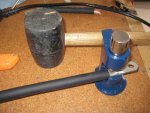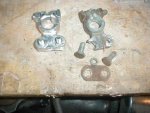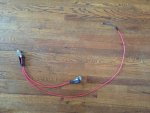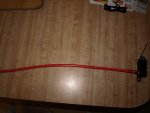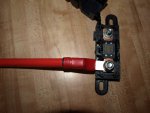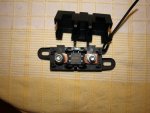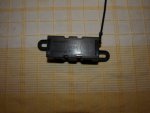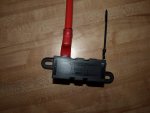Csm Davis
Well-known member
- 4,169
- 406
- 83
- Location
- Hattiesburg, Mississippi
Marcus I think if you look closely at the crimped on fitting versus the compression you will find the connections are stronger in the compression fitting. I have seen many crimp on fittings fail even the ones made by Quick Cable which would be my first choice, they leave much more room for errors when installing them. If you use the hammer style crimping tool which seems to be the most used they are way less than a compression style, the swedge hex crimping tool it is close to what the compression style is but I don't trust that the dimensional tolerance of all the different wire makers will be the same, the hex tool can't make up for this the compression fitting naturally does and can be tightened more later if found loose, but in 20 years of use I have never had to retighten one.Top, I had never seen that type until you posted that link, so I sure won't disagree with your assessment of them. But I will say this: I don't think there's any possibility that a compression fit can be as good a connection as a properly done crimp or soldered connection.
Of course, even with that being true, it's quite possible that those are "good enough", meaning, if we could put a number on the quality of the connection required for good, reliable service for a lifetime, and that number were, say... 50, it might that your compression type come in at a comfortable 70 while the crimp or soldered connections come in at 90 and 100. (And the auto parts store clamp types would probably come in at a solid 10 or 15!)
So, crimp and solder are better, but maybe the compression type is plenty good enough.
Just speculating here.
I do agree that a properly done soldered connection is a better electrical connection.



